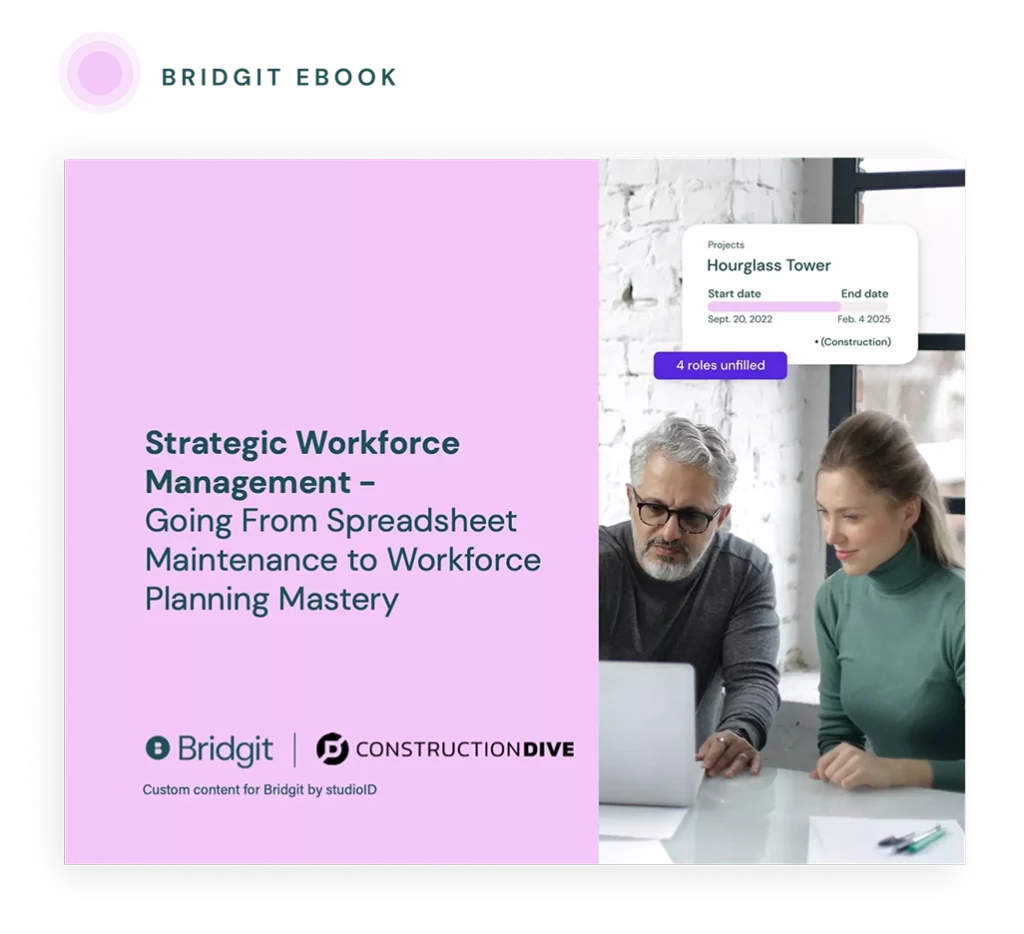When it comes to construction, there are two ways that work can be done: self-performing and subcontracting. Each method has its own set of pros and cons, so which one is right for your business? Let’s take a look at the differences between self-perform vs subcontract construction to help you make the decision.
Table of Contents
What is self-performing in construction?
Self-performing is when a company does all the work on a construction project itself. This means that the company hires its own employees, buys its own materials, and provides the labor and equipment needed to complete the job.
Self-performing can be more expensive than subcontracting due to overhead costs, but it can also provide greater quality control and control over scheduling.
The benefits of self-performing
Here are the benefits of self-performing when considering self-perform vs subcontract construction.
- More efficient use of resources due to better coordination between departments
- Improved customer satisfaction thanks to fewer mistakes
- Less chance of delay since you won’t have to wait on external third parties
Risks associated with self-performing
Self-performing does, however, come with some risks, including the following.
- Increased cost and overhead associated with hiring employees
- Difficulty in finding qualified labor
- Lack of subcontractor relationships, which could come in handy
Tips for self-performing
If you’re planning on self-performing construction projects, there are a few things you should keep in mind.
- Monitor quality closely, as any mistakes will be the responsibility of your company
- Have a plan for unexpected delays or additional expenses
- Ensure that in-house workers are trained enough to handle what’s assigned to them
Self-performing vs subcontracting FAQ
What is self-contracting?
Self-contracting is when you or your company undertakes a construction project by performing all the work yourself without hiring external subcontractors. This approach gives you full control over the project’s execution but requires you to have the necessary skills and resources to complete the work independently.
What defines a general contractor?
A general contractor is a professional responsible for overseeing a construction project, managing subcontractors, securing necessary permits, ensuring compliance with building codes, coordinating schedules, and maintaining project budgets. They serve as the primary point of contact for the client.
What is a performance contractor?
A performance contractor is a professional or firm that guarantees specific outcomes in construction projects, such as energy savings or meeting certain efficiency standards. They often work under performance-based contracts where payment is tied to achieving these predefined results for you.
Why is self-construction important?
Self-construction can be important if you want full control over the construction process. It can be cost-effective by eliminating contractor fees, and provide personal satisfaction in building a project independently. You may also find that the specific quality and design standards you have are easier to meet.

Looking to be more strategic with your people?
We partnered with Construction Dive to outline the steps any contractor can take to be more strategic with their workforce management.
What is subcontracting in construction?
In terms of self-perform vs subcontract construction, subcontracting is when a company hires another company or individual to complete segments of work on a project.
Subcontracting allows companies to take on larger projects without having to hire more employees and buy more equipment. It also makes it easier to find specialized workers with specific skills that may not be available within the company.
The benefits of subcontracting
Here are the benefits of subcontracting in regard to self-perform vs subcontract construction.
- Cost savings from not having to pay for overhead costs
- Access to specialized labor
- Ability to take on bigger projects without having to onboard additional labor
Risks associated with subcontracting
Subcontracting a project’s segments also comes with risks, including the following.
- Lack of control over quality and scheduling
- Possible payment disputes due to disagreement on pricing or job specifications
- Subcontractor unreliability may cause delays
Tips for subcontracting
Here are some tips for subcontracting out work.
- Research potential subcontractors carefully—make sure they have a good reputation and that their rates are competitive
- Establish clear communication—ensure that everyone is on the same page when it comes to expectations
- Monitor progress closely—regular check-ins will help you ensure that everything is going as planned
When to choose self-performing and when to choose subcontracting
Choosing between self-perform vs subcontract construction is a decision your company should make based on its needs.
Self-performing may be the best choice if you need more control over scheduling and quality control, need more efficient use of resources, and prefer to be more involved in the building of your construction projects.
Meanwhile, subcontracting may be the better option if you need access to specialized labor and materials, want to take on larger projects without having to hire more employees, or need cost savings from not having to pay for overhead costs.
Ultimately, the decision will come down to what is best for your company and its goals.
Regardless of the decision, it’s important to remember that both methods have their advantages and disadvantages. Consider all your options carefully before making a final decision about which way to go.
How to decide which option is best for your business
Deciding between whether self-perform vs subcontract construction is best for your business or project depends on a few factors.
Size and scope of the project
Consider the size and scope of the project. If it’s a large-scale project, subcontracting may be the more feasible option since it can provide access to specialized labor and materials that you might otherwise not have.
Budget
Consider also your project’s budget. Self-performing can be more expensive due to overhead costs, so if you’re working with a smaller budget, subcontracting may be the better choice.
Timeline of completion
Finally, think about the timeline of completion. If you need the project completed quickly and efficiently, self-performing could provide greater control over scheduling and quality control, which could help speed up the process.
Modernize your workforce management with Bridgit Bench
Self-performing and subcontracting are both viable options when it comes to construction projects. Each has its own benefits and risks that must be taken into consideration before making a decision. Consider the size, scope, budget, and timeline of your project carefully in order to choose the option that’s best for your business.
Think your workforce planning meetings could be more productive?
Download our ebook to learn how to run efficient, effective workforce planning meetings with your team.
When it comes to construction projects, labor is your most important resource, so it’s vital to properly allocate and manage your workforce accordingly. Technological solutions like Bridgit Bench have made this easier. Benefit from tracking and reporting features that help you oversee your labor. Request a demo with Bridgit today.



